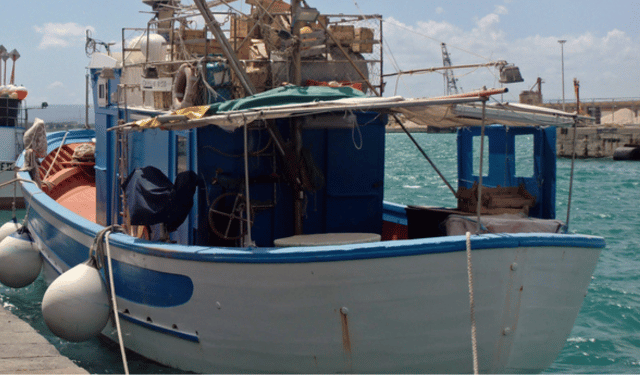Mediterranean Sea: a sea of ignored opportunities – The living marine species known and catalogued to date number around 230,000. Estimates based on mathematical models, however, tell us that the expected species are around 2,150,000, indicating that the cataloguing of marine biodiversity is still far from complete.
Specifically in the Mediterranean Sea, there are roughly 17,000 species consisting of fish, molluscs, crustaceans and other aquatic life. About 16% of the total known and catalogued.
The Mediterranean Sea, a cradle of biodiversity, is therefore a precious resource for the entire community but also for lovers of good food. However, despite the incredible variety of edible fish species that inhabit it, some 500 of them, human consumption focuses on a small number of known and prized fish that do not exceed 4%.
This behaviour, which is the result of established habits and market preferences, causes overexploitation of some target species, jeopardising the ecological balance and long-term sustainability of fisheries.
Fish such as the salpa, goby, bogue, menola, forkbeard, marmora, mud mullet, garfish, spear, not to mention the many varieties of blue fish, and many others, are neglected or even discarded as by-products of fishing. They are just a few examples of species that could enrich our tables but often end up unused or destined for low-value industrial processing.
Many of these species could be revalued as part of a more sustainable fishery, both to reduce the pressure on heavily exploited species and to promote greater biodiversity on tables by valorising them as gastronomic opportunities.
The overexploitation of some species has serious consequences as we now know, both for the marine ecosystem and for the economy of fishing communities. Declining populations of valuable fish lead to imbalances in ecosystems, compromising the sea’s ability to regenerate. For fishermen, over-reliance on a few species means greater economic vulnerability in the face of stock declines or market fluctuations.
To reverse this trend and promote sustainable fishing, it is crucial to encourage the consumption of lesser-known species through a series of targeted interventions such as
- Awareness campaigns to make the public aware of the nutritional qualities and taste of lesser-used species;
- Promoting traditional or innovative recipes that enhance these species, involving chefs and gastronomic influencers;
- Creating incentives for fishermen who diversify their catches and for traders who offer less popular species;
- Reduce market costs for these species to make them more accessible to consumers.
- Strengthen local fish markets and promote the concept of ‘freshly caught’ to encourage consumption of local and seasonal species;
- Develop methods to communicate to consumers the environmental value of consuming lesser-known species.
Promoting the consumption of lesser-known fish has, in the short past, not only been the subject of discussion in the relevant circles but has also found practical application in some contexts. To tell the truth, the results have not always been encouraging, due to a certain resistance to change on the part of consumers but also to a real lack of supply and of correct and comprehensive information. This has resulted in a consumer perception of lesser-known fish as inferior in terms of quality and nutritional values.
Each of us, from institutions to fishermen, from restaurateurs to consumers, has a role to play in this transition towards more sustainable fishing. The wealth of the Mediterranean Sea is in our hands: it is up to us to enhance it and preserve it for future generations.
Mediterranean Sea: a sea of ignored opportunities








